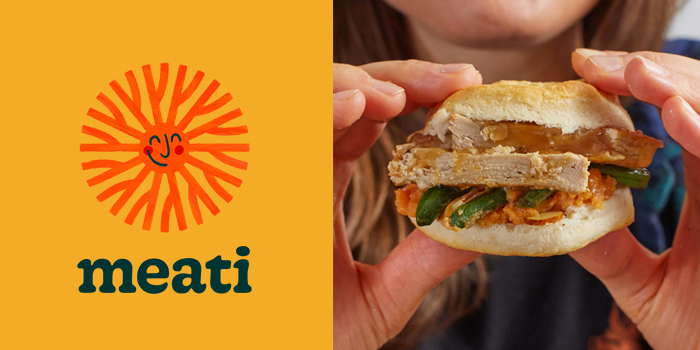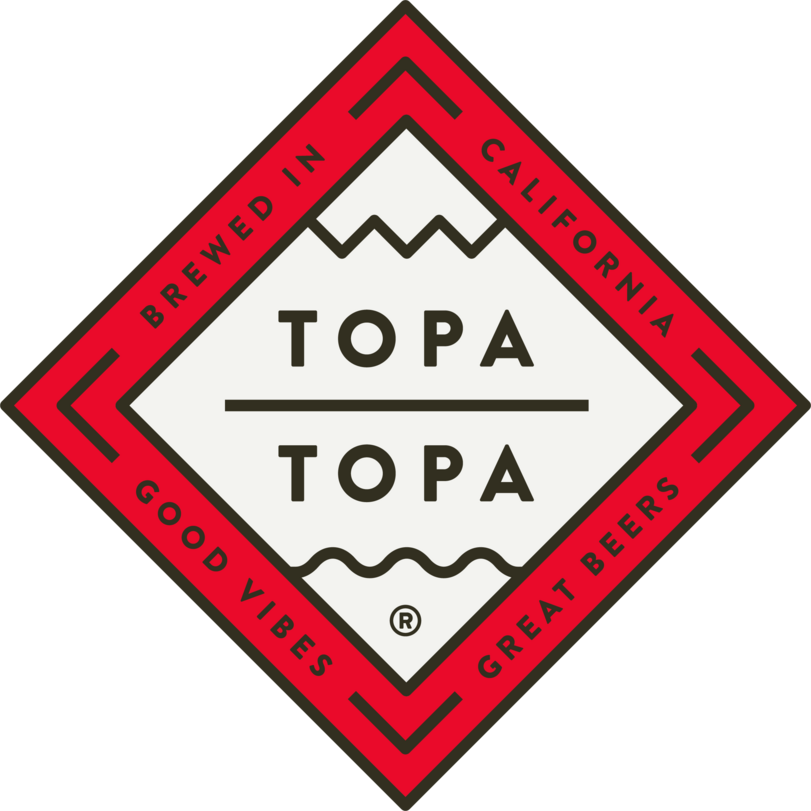Deal Roundup: Plant-Based Brands Hungry Planet, Atlast and More Secure Investment

Hungry Planet Closes $25M Funding Round
Plant-based meat maker Hungry Planet announced today it closed a $25 million funding round which the company will use to fuel omnichannel growth. Post Holdings, which first announced its investment in Hungry Planet in January, led the round alongside Singaporean investment group TRIREC.
According to an SEC filing submitted on February 2, the company had raised $16.7 million in the round as of January 25.
The investment announcement provides more details about the St. Louis, Missouri-based company’s partnership with Post, first announced in January, which included an agreement to distribute Hungry Planet products through Post’s Foodservice and Refrigerated Retail units, as well as an undisclosed investment in the company.
Founded by siblings CEO Todd Boyman and Chief Purpose Officer Jody Boyman in 2016, Hungry Planet offers a wide range of plant-based meat products through retail, foodservice and ecommerce including chicken, pork, beef, lamb, turkey, crab, chorizo, breakfast sausage and Italian sausage. Todd Boyman said in a press release that the company has been “quietly piloting” its products domestically and internationally over the past several years at select foodservice and retail locations, and has sold four million servings of plant-based meat globally.
“We’ve validated that our full range works perfectly in any cuisine, any recipe, any venue, and any geography,” he said.
Hungry Planet products will now see a broader retail rollout in the U.S. and Singapore. The company aims to stand out among the growing plant-based meat offerings in the U.S. by offering consumers a “complete range of plant-based meats,” rather than simply focusing on beef and burgers, Jody Boyman said.

Atlast Raises $40 Million
Atlast Food Co., maker of mycelium-based bacon alternatives through its MyEats brand, last week announced it secured $40 million to scale production of its whole cut plant-based meat for retail and foodservice.
Viking Global Investors led the round, with participation from 40 North, AiiM Partners, Senator Investment Group, Stray Dog Capital and actor Robert Downey Jr.’s Footprint Coalition Ventures, along with Applegate Farms founder Stephen McDonnell, former Whole Foods co-CEO Walter Robb and Stonyfield Farm co-founder Gary Hirshberg. Stray Dog Capital, along with Robb, Hirshberg and McDonnell, previously participated in the company’s $7 million seed funding round closed in April 2020.
“I’ve spent the last thirty years working to bring sustainable meat to consumers around the nation,” McDonnell said in a press release. “The Atlast team is advancing that mission for the 21st century to give today’s brands and consumers new plant based alternatives that mimic the texture and flavor of whole cut meats.”
The new funding will support the construction of the company’s aerial mycelium farm, Atlast president Stephen Lomnes said in a press release, which he claimed will be the largest mycelium production facility in the U.S. The company said it will partner with parent company, Ecovative, to expand its production capacity and supply partners across foodservice and retail. Ecovative announced late last month that it had raised $60 million to fund a production boost to create mycelium-based textiles, packaging and food products.
The company debuted its first product, MyEats MyBacon strips, at Albany, New York-based grocer Honest Weight Food Co-op last November. MyEats is among several plant-based bacon startups making a push into retail including Prime Roots and Hooray Foods, which launched products at Whole Foods last fall.

Meati Secures $18M For New Production Facility
Mycelium-based meat alternative brand Meati has secured $18 million in debt financing to fund the construction and equipment of its new production facility, the company announced last week. Financed through Silicon Valley Bank and Trinity Capital Inc, the funding will allow the Colorado-based company to quickly scale capacity through its new “Urban Ranch” mycelium cultivation facility, as it moves towards a nationwide consumer launch.
“Our one-of-a-kind production process is nearly perfected, and now the challenge is making whole cut mycelium-based meats at the scale required to make Meati available to people across the country,” said Meati VP of finance Tim Thomson in a press release. “Our team is on the right path and we’re confident about our aggressive go-to-market timeline.”
The new financing follows the company’s $28 million funding round in November, which was led by Acre Ventures Partners and included investment from Once Upon a Farm CEO John Foraker and Nicolas Jammet and Jonathan Neman, co-founders of Sweetgreen.
Meati said it aims to produce millions of pounds of its whole-cut alternative meat products by the next year, with the goal to launch nationwide by 2022. This year, the company said it will roll out limited launches of some of its products, including a jerky product planned to be released this summer. The company would not confirm whether this product will be launched in retail or foodservice. Earlier last year, the company conducted a beta launch of its steak product in food service, and offered consumers the chance to try its chick’n cuts through a raffle on its website.

Cultured Decadence Secures $1.6 Million
Madison, Wisconsin-based animal-free shellfish company Cultured Decadence announced earlier this month it had secured $1.6 million in financing to produce cell-cultured lobster meat as it works toward a commercial launch in North America.
Bluestein Ventures, Joyance Partners, Revolution’s Rise of the Rest Seed Fund, gener8tor, GlassWall Syndicate, Bascom Ventures and China-based Dao Foods participated in the round. The company also received funding from Wisconsin Economic Development Corporation administered by the Center for Technology Commercialization.
Founded in 2019, the company aims to produce seafood alternatives with low environmental impact using cell culture and tissue engineering, a technology that the company said can be applied to other shellfish such as crab, shrimp and scallops.
“The way we engage with animals as a food source needs to change if we are to thrive as a planet,” CEO and co-founder Pattison said. “Our team is at the forefront of that change as we build the future of seafood a thousand miles from the nearest ocean.”

















